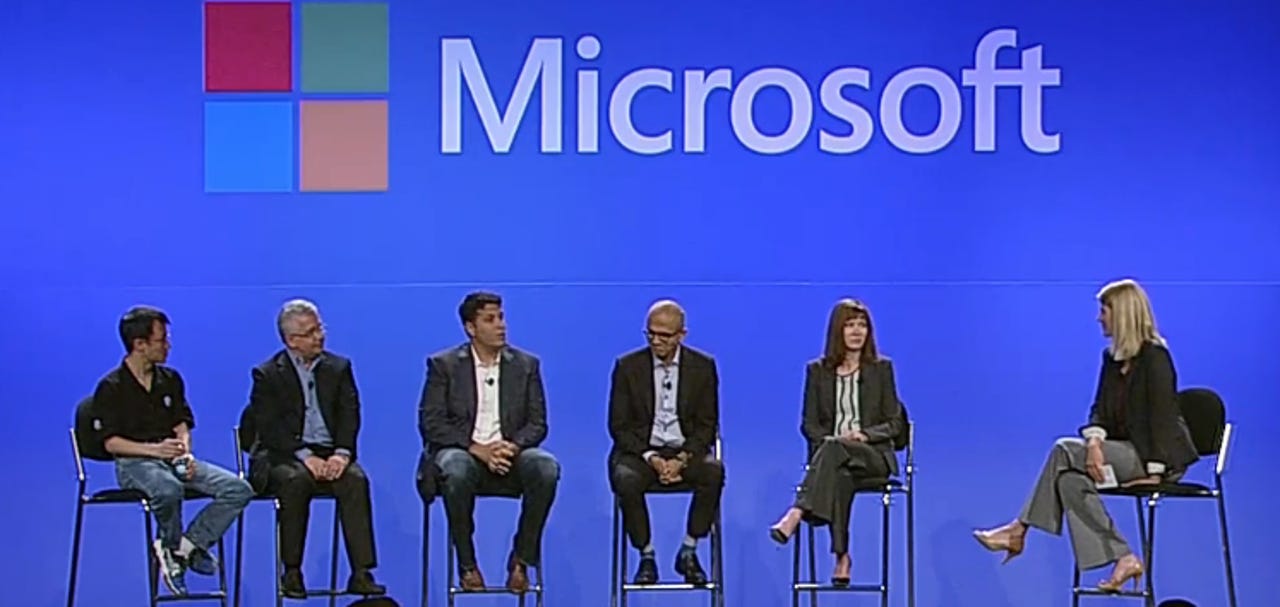Microsoft: Phablets are Windows RT's future

The question arises again and again: Why is Microsoft continuing to back Windows on ARM, especially with the latest advances by Intel with Bay Trail and Haswell?

It seems like the answer revolves around phablets -- at least based on a clue from Microsoft Executive Vice President Terry Myerson, the head of Microsoft's newly converged operating system division.
Read this
At Microsoft's Financial Analyst Meeting (FAM) on September 19, Myerson answered a question about the future of Windows RT, Microsoft's version of Windows for ARM. After noting that ARM devices, especially phones, have incredible battery life, Myerson noted that lines are blurring.
His exact quote: "Windows RT was our first ARM tablet. And as phones extend into tablets, expect us to see many more ARM tablets, Windows ARM tablets in the future."
This is the blurring of the lines that some of us Microsoft watchers have been anticipating.
Windows Phone runs on ARM. Windows RT runs on ARM. Both use the NT core. And Microsoft is working to unify the programming interfaces, frameworks and dev tools across these platforms. Though there isn't (yet) a common Windows Store for Windows Phone and Windows RT, there's no reason this will always be the case.
As I blogged recently:
"Will it always be the case that a five-inch phone must run an operating system called 'Windows Phone OS'? Or could it run something called 'Windows RT'? (Or vice versa?) What if the Windows Phone OS and Windows RT both evolve so they become, for all intents and purposes, one OS that can run on mobile devices without a desktop?
"For those who thought Microsoft should have made Windows 8 more of a true desktop/laptop OS that wasn't optimized for touch tablets, and made the Windows Phone OS the operating system for touch-tablet devices, this kind of phone OS/RT convergence might be a belated dream come true.... "
This isn't just some pipe dream. Myerson also told FAM attendees:
Featured
"(W)e really should have one silicon interface for all of our devices. We should have one set of developer APIs on all of our devices. And all of the apps we bring to end users should be available on all of our devices," he said.
Check, check and check.
Microsoft still isn't there yet, in terms of a single set of developer APIs or a unified, cross-device store. But it sounds like that's the goal.
On the phablet front, by the way, Nokia is expected to take the wraps off its Windows Phone 8 OS-based Lumia 1520 (codenamed "Bandit") in late October and make those devices available around November 8 on AT&T, according to WPCentral.
If and when Microsoft ends up acquiring Nokia's handset division, as it has announced intentions to do, the Windows RT-Windows Phone convergence may take a step forward.